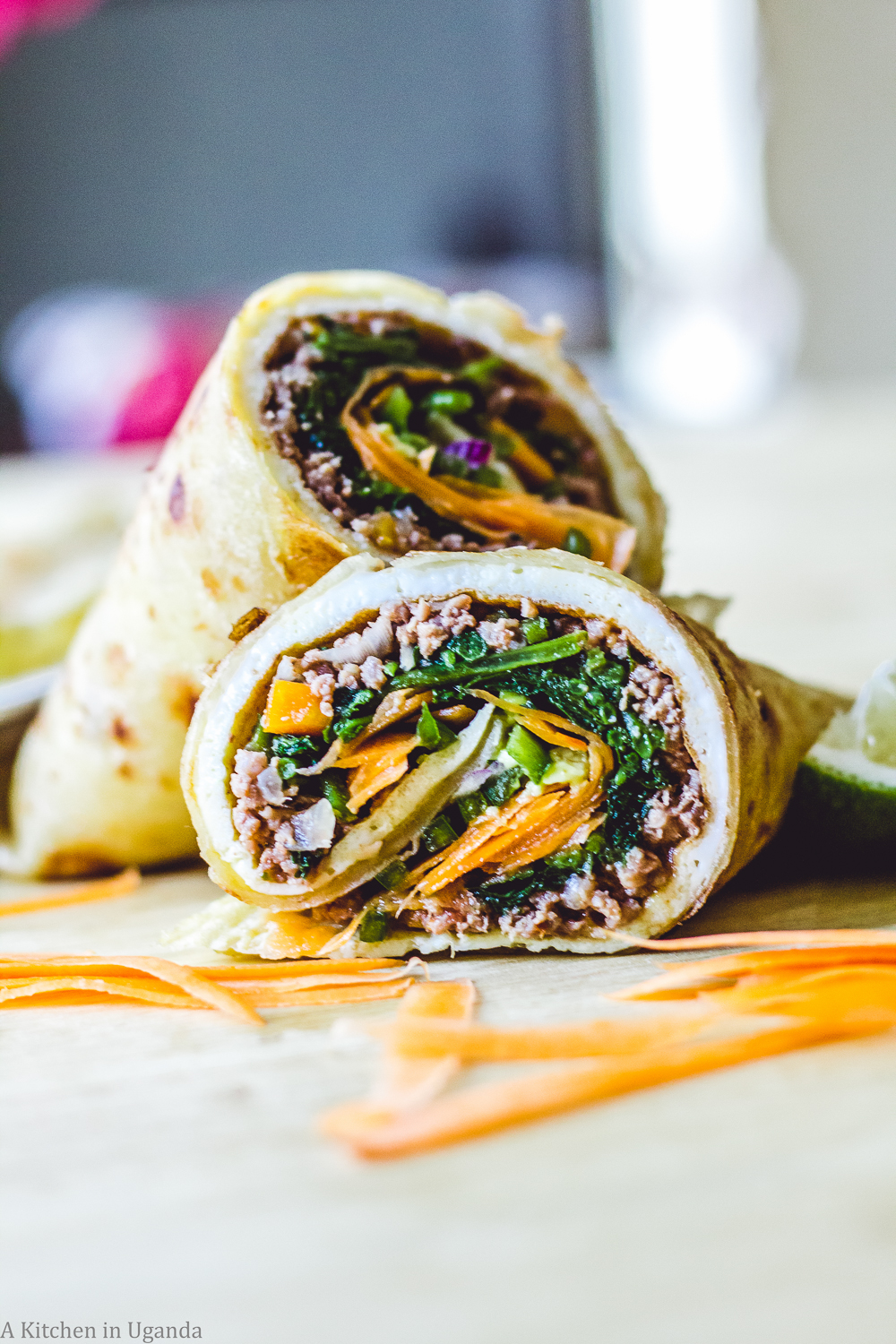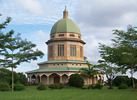Coffee is one of the oldest cash crops in Uganda, and was introduced to the country, particularly Buganda, central region areas in the early 1900s. Both types of Arabica and Robusta were introduced but Robusta was nearly undomesticated and indigenous, therefore it flourished more, as it was resistant to disease. Between the 1910s and 1920s, farmers realized Robusta’s advantages compared to Arabica, so its growing spread and soon, it dominated the market until the late 1980s when world coffee prices fell. Uganda is also said to have been one of the world’s best suppliers of coffee in the 1970s, after the Brazilian farms had been hit by massive frost. That is when the crop gained acclaim for being the most valuable export of the country.
In taste and appeal, Robusta is described as more caffeinated and bitter, as compared to Arabica coffee, which is also more delicate in terms of growth care in the plantations. It is in the 1960s and 1970s that Uganda saw an increase in the spread of Arabica coffee, as farmers had realized that the crop thrived better in mountainous regions than it did in the plain lands. Its growth in the Rwenzori and Elgon regions became rapid.
While describing the processing of Arabica coffees, the roaster pack quoted that “In Uganda, the processing method most commonly used in Arabica coffee production is split fairly evenly in an east/west divide. Near the Mount Elgon volcano in the east, coffee largely undergoes a washed process, while coffee grown near the Rwenzori Mountains in the west is processed naturally.
The distinction means that coffees grown in the east will usually be smoother, cleaner and have a more wine-like acidity, while coffees grown in the west lean towards heavy fruit notes, bigger bodies and chocolate flavors.”
In a May 2022 publication by Coffee Intelligence as written by Peter Gakuo, Uganda is predicted to soon become the coffee king of Africa since;
- High-Quality Ugandan coffee is continuously attracting growing interest from abroad
- The government aims to increase coffee output to twenty million (20M) sixty kilogram (60kg) bags per annum
- Previously top competitors of Uganda Ethiopia and Kenya, the countries have recently been falling back because of adverse weather conditions, giving Uganda an opportunity to take the lead.
However, regardless of their current challenges, Ethiopia still managed to come first, Kenya second, and Uganda ranked 3rd globally in the country with best coffee, in 2022, in a coffee tasters survey that included the top sixteen (16) coffee growing countries in the world.
Efforts made by government and private partnerships are credited for this growth, as the quality of coffee has improved over the years, and Uganda’s rank gets higher every year. One of the notable efforts is for the government of Uganda has established the Uganda Coffee Development Authority (UCDA) in 1991, a body whose vision is ‘An Inclusive, Transformative and Sustainable Coffee Industry ‘and whose mission is ‘To increase quality coffee production, productivity, value addition, marketing, and consumption.’ UCDA’s objectives include; [source: https://ugandacoffee.go.ug/about-ucda `]
- Promoting, improving and monitoring the marketing of coffee to optimize foreign exchange and farmers’ earnings.
- To guarantee that the quality of coffee exports meets international standards.
- To develop and promote coffee and other related industries through research and extension arrangements.
- To promote the marketing of coffee as a value added product.
- To promote domestic consumption of Uganda coffee.
- To harmonize activities of coffee sub-sector associations in line with industry objectives.
- To formulate policies related to the coffee industry.
Ugandan coffee farmers have also faced some challenges, including pests and diseases that affect the crop, the ever changing weather and climate, for instance there are cases when it should be dry but it turns out wet, competition with bigger coffee farmers, for the small scale ones, among other factors. Some farmers have expressed that they can no longer rely on the crop farming and trade, as they did decades ago.
Some on the other hand, are happy as things seem to be getting better for them. In northern Uganda (Lango Region), a few farmers invested in coffee are reaping more benefits than expected, while those, especially in the central ‘Mpigi’ region, whose focus has always been Robusta are exploring ways to tap into Arabica or even tackle the challenges that Robusta has been facing.
UCDA is as well making efforts to introduce coffee growing to more people in Northern Uganda where current coffee investments have so far been fruitful, in an effort to meet the 20 million 60kg bag per annum export target, which will ensure that Uganda earns 2.2 billion USD per annum, through her exports. While the USA is the biggest importer of Uganda’s Arabica coffee, Europe is the biggest consumer for Robusta coffee. Besides Europe and the United States of America, Uganda also exports her coffee to Japan, the Middle East, and recently the president of Uganda H.E Yoweri Kaguta Museveni while speaking at a Uganda- Vietnam Business Summit implored the Vietnamese to invest in Uganda’s Coffee Sub-Sector. The theme for the event was ‘Unlocking Investment and Trade Opportunities.’ Coffee farmers, cooperatives, roasters and exporters have also been encouraged by the Consular General of the Republic of Uganda in Guangzhou, Ambassador Judith Nsababera to tap into the Chinese market.


